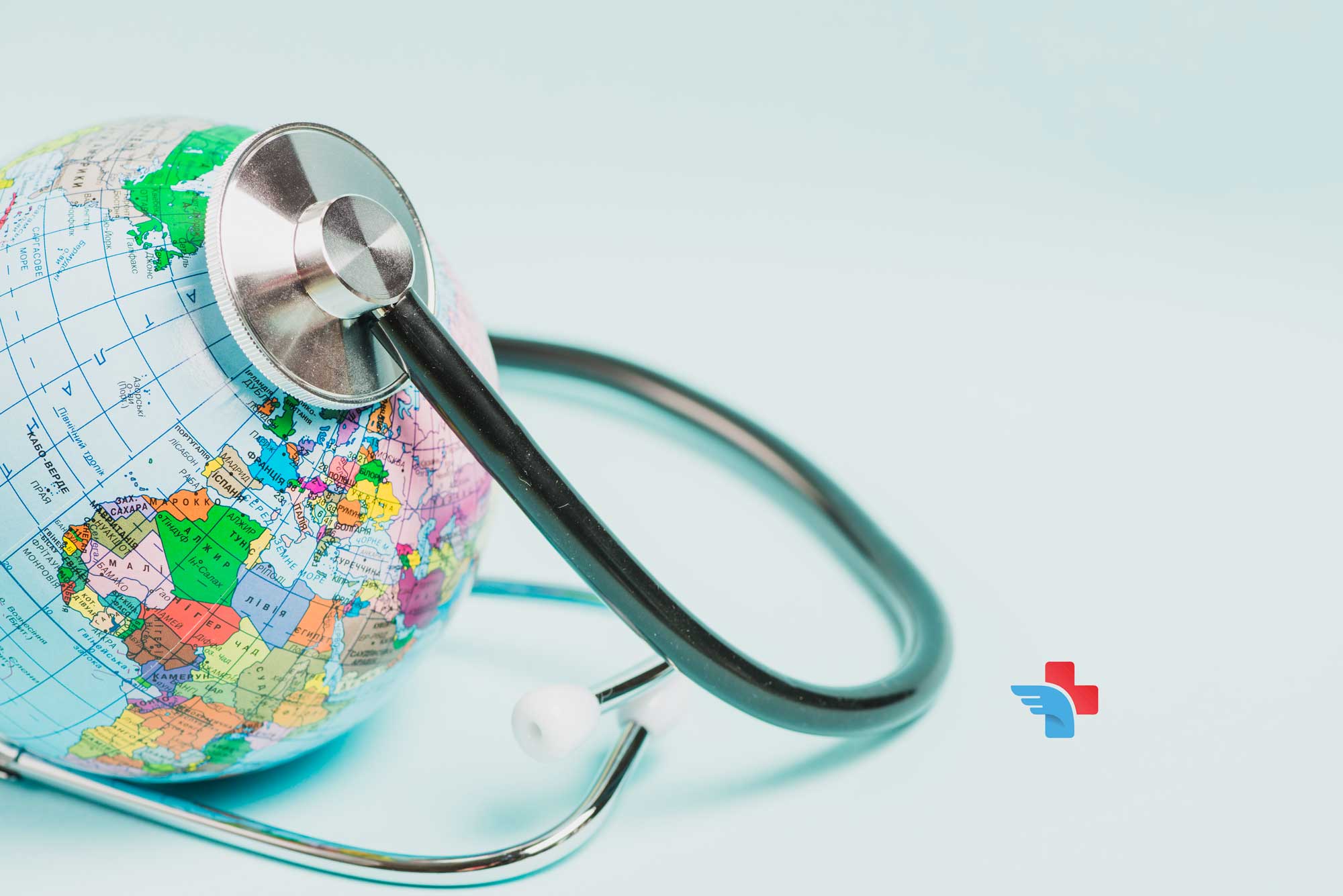
2 min to read
Nov 18, 2024
893
Butt reduction surgery is a cosmetic procedure aimed at reducing the size or altering the shape of the buttocks for aesthetic or functional reasons. It typically involves removing excess fat, tissue, or skin to create a balanced and symmetrical appearance.







